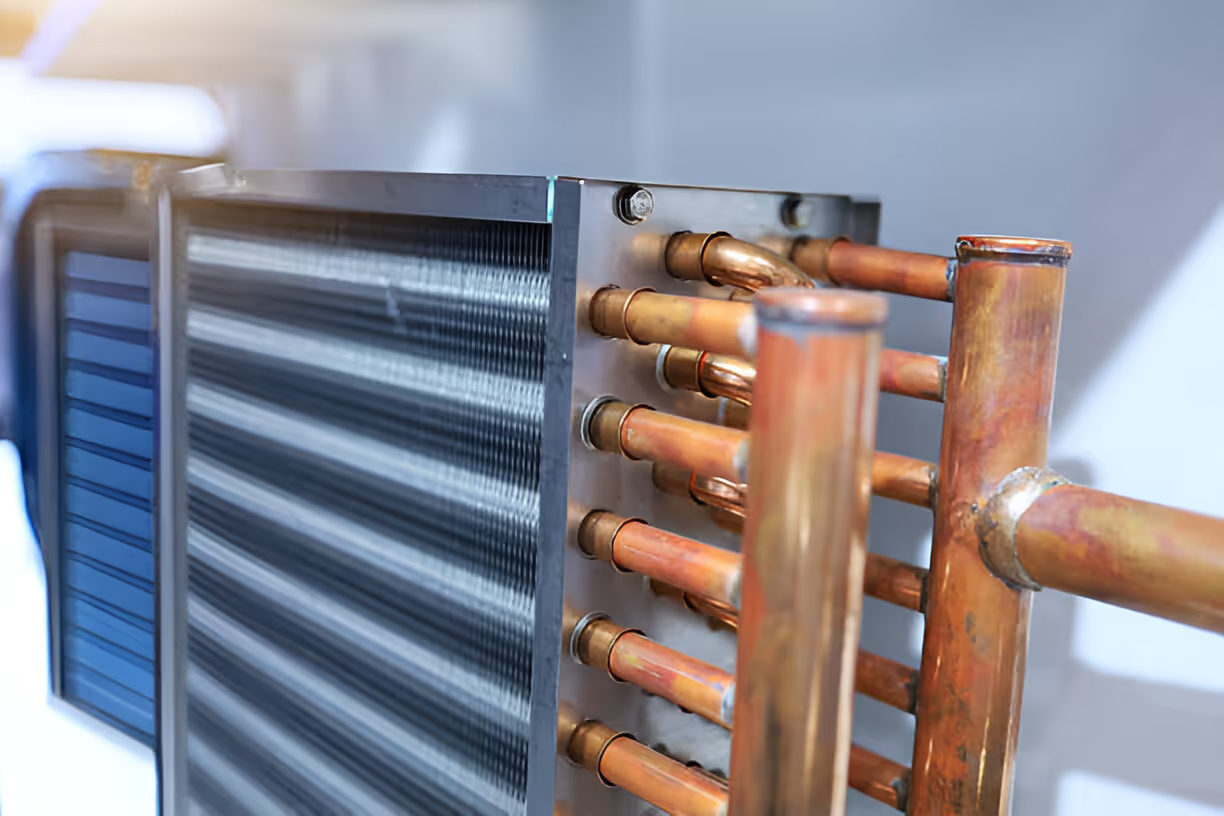Boiler Tune-up in Winslow Township, NJ
Boiler Tune-up in Winslow Township, NJ
Keeping your boiler operating safely and efficiently is essential for Winslow Township homes, where cold winters and humidity swings place extra demand on heating systems. A professional boiler tune-up in Winslow Township, NJ ensures precision adjustments, safety verifications, and performance optimization so your system runs reliably when you need it most.

Why a boiler tune-up matters in Winslow Township
Winslow Township experiences seasonal cold snaps and occasional freezes that put stress on boilers, piping, and controls. Older housing stock in parts of South Jersey often means legacy boilers that need periodic care to avoid costly mid-winter failures. A tune-up:
- Restores safe combustion and reduces carbon monoxide risk
- Improves heat delivery and comfort consistency across your home
- Lowers fuel use and operating costs through tighter settings
- Identifies small issues (leaks, worn parts) before they become breakdowns
Common boiler problems and when to schedule a tune-up
Homeowners commonly notice these issues that a tune-up will address:
- Uneven or insufficient heating in rooms
- Frequent short-cycling or noisy operation
- Low or fluctuating system pressure and visible leaks
- Yellow or distorted pilot/flame color (sign of poor combustion)
- Higher-than-normal fuel bills during heating season
- Cold radiators or air trapped in hydronic loops
For Winslow Township homes, schedule a professional tune-up in early fall before the heating season begins, or any time you experience the symptoms above.
What a professional boiler tune-up includes
A comprehensive boiler tune-up performed by licensed, certified technicians typically covers these elements:
- Visual inspection and system history review
- Assess boiler age, installation, venting, and past service records
- Look for corrosion, soot, and signs of water damage
- Combustion tuning and flue analysis
- Measure and adjust fuel-to-air ratio to optimize combustion efficiency
- Test flue gases to confirm safe oxygen, carbon monoxide, and combustion values
- Thermostat and control calibration
- Verify thermostat accuracy and recalibrate settings for steady comfort
- Check zone controls, timers, and safety limits
- Pilot/ignition and burner checks
- Inspect electronic ignition or pilot assembly for reliable operation
- Clean burners and ensure even flame distribution
- Leak and pressure inspection
- Check system pressure, relief valves, expansion tank function, and circulator operation
- Inspect piping, joints, valves, and radiator connections for leaks
- Heat exchanger and condensate checks (on condensing boilers)
- Clean condensate traps and verify proper drainage
- Inspect heat exchanger for cracks or blockages
- Safety verifications
- Test safety controls, limit switches, pressure relief valves, and carbon monoxide mitigation practices
- Confirm proper venting clearances and chimney integrity where applicable
- Basic maintenance tasks
- Replace or clean filters and strainers
- Lubricate pumps and moving parts as specified by the manufacturer
- Bleed radiators or purge air from hydronic loops for even heat
How combustion tuning and calibrations improve performance
Combustion tuning and thermostat calibration are central to a tune-up’s impact. When the burner is adjusted to the correct fuel-to-air ratio, the boiler burns cleaner and transfers heat more efficiently. That reduces wasted fuel and soot buildup on the heat exchanger, which otherwise insulates and lowers efficiency over time. Accurate thermostat and control settings stop short-cycling and maintain stable temperatures, improving comfort while reducing wear.
Typical improvements you can expect
After a professional tune-up you should notice measurable benefits:
- Better fuel efficiency: many systems see noticeable reductions in fuel use, commonly in the range of a few percent up to mid-teens depending on prior condition
- Increased reliability: preventative corrections reduce the likelihood of mid-season breakdowns
- Longer equipment life: routine cleaning and lubrication extend component life and delay costly replacements
- Safer operation: corrected combustion reduces carbon monoxide risk and ensures safety devices function as intended
- Quieter, smoother operation and improved zone balancing
Results vary by boiler age, type (gas, oil, or propane), and prior maintenance history, but a well-performed tune-up is one of the most cost-effective ways to protect comfort and control operating costs.
Typical service package options (what each level includes)
Service providers generally offer tiered tune-up packages to match homeowner needs. Typical packages include:
- Basic Tune-up
- Safety inspection, thermostat check, burner inspection, basic cleaning, pressure and leak check
- Standard Tune-up
- All Basic items plus combustion testing and tuning, filter/strainer cleaning, circulator lubrication, and radiator purging
- Comprehensive Tune-up
- All Standard items plus heat exchanger inspection, condensate system service (if applicable), detailed flue and chimney checks, and full safety system verification
Each package is performed by licensed technicians who document readings and recommendations. Request documentation of combustion and safety test results to keep with your home service records.
Maintenance tips for Winslow Township homeowners
- Schedule your tune-up in early fall before the first sustained cold period to avoid emergency repairs.
- Monitor system pressure monthly and add water only if necessary; recurring pressure loss signals a leak.
- Bleed radiators at the start of the season to remove trapped air and restore heat balance.
- Keep boiler room vents and combustion air openings clear to maintain proper combustion.
- If you have an older oil-fired unit, watch for increased soot or smell of fuel and consider more frequent cleaning.
Final note on safety and professional service
A proper boiler tune-up combines technical measurements, safety verification, and preventive maintenance. For Winslow Township homes, where seasonal temperature swings and older heating systems are common, routine tune-ups performed by licensed and certified technicians are a practical investment in comfort, safety, and lower operating costs. Regular documentation of tune-ups and combustion readings also helps when evaluating equipment replacement or qualifying for local utility programs.
Customer Testimonials
Our customers consistently praise our exceptional service and quality products, highlighting their satisfaction and loyalty.


